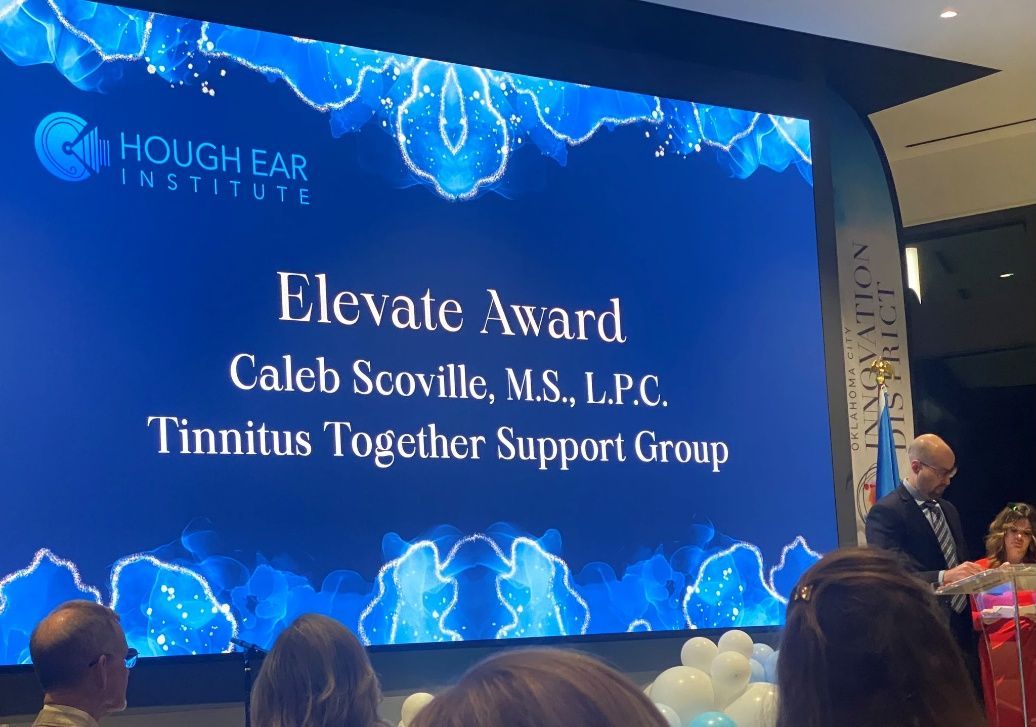What it means to parent
Parent: verb (used with object)
to be or act as parent of:
to parent children with both love and discipline.
By Kevin Tutty, LPC
After looking up the word, “Parent,” in the dictionary and finding this definition as a verb tense, I thought it intriguing that the words, “Love,” and “Discipline” were used. I have taught parenting classes and looked for ways to convey this principle, but this definition itself, really boiled down what I was trying to say. The definition implies that one of the most important parts of parenting is correcting children. It is almost as if the writers of this definition took a cue from the Bible, with Proverbs 13:24 saying, among other things, that the one who loves their child disciplines them.
Without the child seeing discipline in love, they will likely see correction as punishment, which is viewed as “unfair.” Children have a strong sense of justice, so if the correction is done in a loving manner, the child will see it as equitable and comply willingly. However, if the correction is dealt in a harsh, critical, condemning manner, the child will view the correction as being, “mean.” My wife is very good at delivering correction in a manner that is seen in a loving manner from our 2 boys, ages 9 and 11. Balancing correction with the right amount of grace and consistency is a balancing act that is often difficult to find, a subject that will come up later.
I must admit as a counselor it is much easier to see inconsistencies in other parents than in my own parenting style! I think my training in a cognitive-behavioral approach has led me towards a reward for positive behavior and a negative consequence for unwanted behavior. This approach can lead to what is known as a “token economy,” in which the connection between the reward and the behavior is lost, so the reason for the reward is just to get the “token.” This relationship is common at schools, where, “treasure boxes,” have become the norm. Kids are definitely motivated by the “treasure” more than learning the reason for engaging in the behavior. The intent is that the external rewards (token) will lead to internal rewards (reason for engaging in positive behavior), but if the internal reward is not brought up each time the external reward is given, internal motivation is often lost.
A limitation with this approach is that the child doesn’t learn intrinsic motivation. While some children are naturally inclined to be motivated by “doing a good job” or “it is the right thing to do,” other children have difficulty in finding drive and determination without external motivation. This latter category will need more consistent reminders for the reason for the corrective behavior in order to instill the reason for the correction. It will also take longer for these kids to see the relationship the parent wants the child to see for the reason for the behavior. For instance, an allowance for doing chores is given with the hope that a strong work ethic is instilled, so it should be noted each time the value of doing a good job. This can be accomplished with consistent praise.
Some research has noted that the best results occur with only rewards given with no negative consequences. It seems that these results have been obtained in a laboratory setting in a research trial, but in actual practice, I think a negative consequence should be held out as a motivating factor as well. This is the classic “Carrot and stick” approach. Use the carrot first, but if it doesn’t work, you still have the stick!” For children that do not require much negative reinforcement at all, a consequence may be just not getting the reward, but for stronger-willed children, negative consequences may need to be used more often. Most families (including my own!) have children with polar opposite temperaments, so different approaches may need to be used for each child.
Just be ready for the “That’s not fair!” As the culture and public schools in general, have rightly implemented fairness across their discipline programs, the idea that “fair” being “equal” has also crept in. Because children are different, they often will have different types of consequences. Some kids may not care about going to the Treasure Box, so motivation for this reward will not apply. Internally motivated children sometimes have behavioral problems in school because they are motivated differently. They may be more motivated by recognition for good work or social approval. While the Treasure Box isn’t likely to go away any time soon in the elementary schools, it is important to instill the parent’s moral values in motivating their children.
Author: Kevin Tutty, MS, LPC. Kevin is a Licensed Professional Counselor and a clinical member at Transforming Life Counseling Center.







